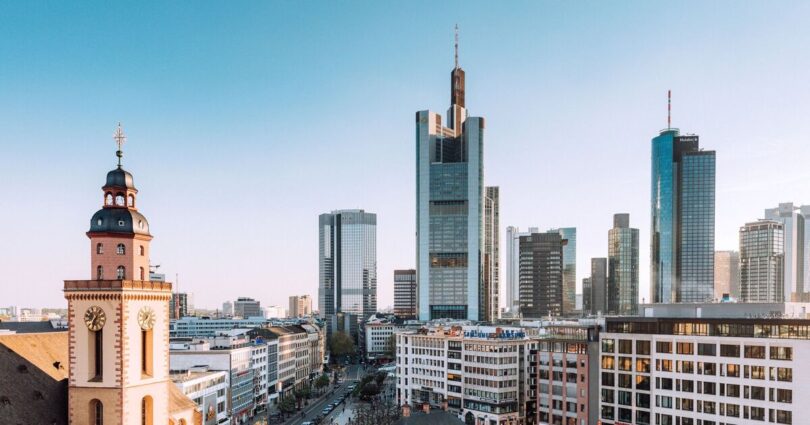There are many countries in Europe that have considerable wealth, but one stands out from the crowd.
The UK is considered as one of the richest European countries but it is still way behind the nation leading the rankings.
Germany is officially Europe’s richest country, with a staggering GDP of $4.46 trillion in 2023.
That’s more than the combined economies of the UK and Spain, which sit at $3.34 trillion and just over $1 trillion respectively. Globally, Germany ranks as the third-largest economy, only behind the US and China.
GDP or Gross Domestic Product is a measure of a country’s economic health and size over a period of time, usually a quarter or year.
It’s calculated by adding up the monetary value of all final goods and services produced within a country’s borders.
Germany’s economy is powered by a mix of manufacturing, innovation, and services. The country has world-famous exports, with cars, chemicals, and industrial machinery leading the way.
But Germany’s economy isn’t just about big industries; it’s also home to the « Mittelstand » – a network of small and medium-sized businesses, many of which are family-owned.
These companies dominate their fields, earning the nickname « hidden champions » and accounting for nearly half of global market leaders in their sectors.
But it’s not all about business. Germany has embraced renewable energy in a big way. Its ambitious « Energiewende, » or energy transition, has made the country a leader in wind and solar power, with renewables now providing nearly half of its electricity.
This commitment to sustainability has earned Germany the title of the world’s first major renewable energy economy.
The country is also a magnet for investors, thanks to its central location in Europe and a strong reputation for research and innovation.
It spends more than 3% of its GDP on research and development, which fuels advancements in everything from technology to green energy.
Financial hubs like Frankfurt, Berlin, and Munich also play an important role, with Frankfurt hosting the European Central Bank.
Germany is also a global leader in trade fairs, hosting two-thirds of the world’s biggest events in cities like Cologne, Hanover, and Düsseldorf.
Nonetheless, economic growth is expected to dip slightly in 2024 due to weaker global demand, but experts predict a recovery starting in 2025, driven by higher wages and stronger domestic spending.
Source link








